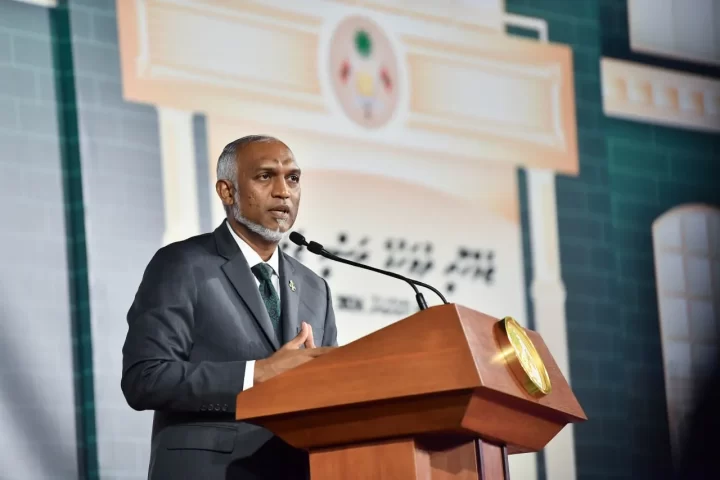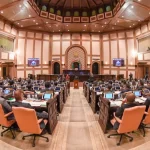Beijing, China – As China, the world’s second-largest economy, navigates a complex landscape of personal freedom and privacy, recent developments have raised concerns both domestically and internationally. The Global Times, China’s leading state newspaper, reported today on a new law consisting of 74 articles across six chapters, focused on state secrets. This law, set to take effect in September, introduces stringent measures to protect sensitive state information.
Since July 1, China has also implemented a rule aimed at countering espionage. These moves are part of a broader strategy that began in 2019, seeking to safeguard the state amid growing tensions with the United States and actions perceived as threats to China’s sovereignty.
These issues resonate deeply with the people of the Maldives, a nation that transitioned to democracy with a strong emphasis on individual freedom and privacy. The Maldivian reform agenda and Constitution prioritized these values, removing the government’s power to take arbitrary administrative actions against citizens.
China’s new Provision on Administrative Law Enforcement Procedures of National Security Organs, effective since July 1, grants state agencies expansive surveillance powers.
In the digital age, where electronic devices record every action and movement, these measures allow state security officers to seize devices and access their contents without prior authorization in deemed emergencies. Articles 40 and 41 of the new rules outline these powers and the conditions under which they can be exercised, raising fears of potential abuse and suppression of dissent.
Chinese citizens, like their counterparts worldwide, value personal privacy and have expressed unease over these developments. The Ministry of State Security has attempted to alleviate concerns, emphasizing that the measures target individuals and organizations engaged in espionage, not ordinary citizens. However, the potential for abuse remains a significant worry.
China’s journey from the economic and political reforms of Deng Xiaoping to its current inward-looking stance reflects a response to external pressures and a desire to maintain national independence. The notion of external espionage has become entrenched in the national psyche, even being included in the curriculum since 2019. Human rights activists and legal experts have voiced their concerns, particularly for foreigners seeking to do business in China, the world’s second most populous country.
These measures underscore the divided nature of the global landscape, where countries like China assert control to safeguard their interests. China’s role in international diplomacy, exemplified by its recent mediation efforts between Palestinian factions and the reconciliation of Saudi Arabia and Iran, highlights its significance on the global stage. However, the intrusive surveillance measures in the digital age raise questions about the balance between national security and personal freedoms, affecting perceptions and realities both within and beyond China’s borders.














